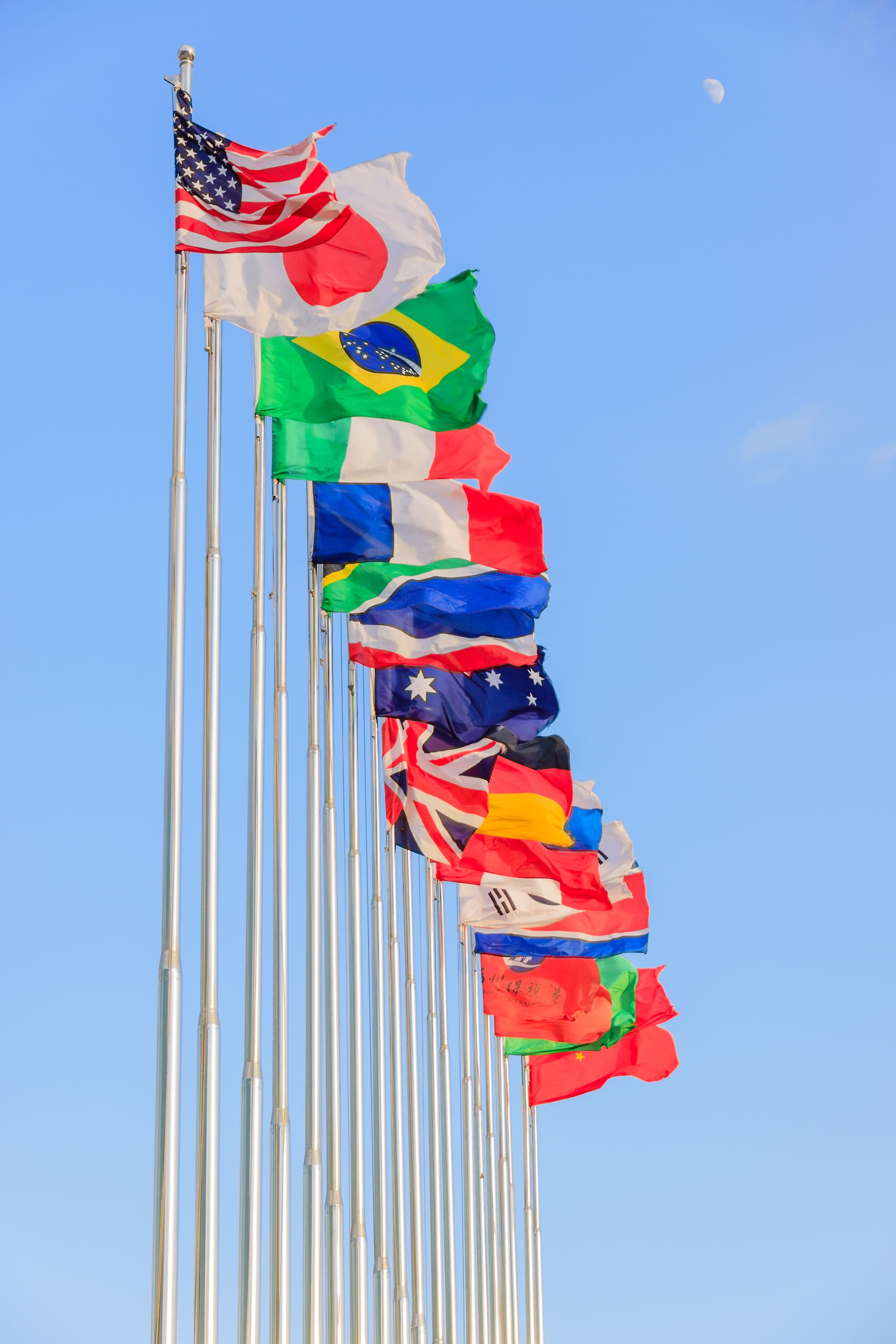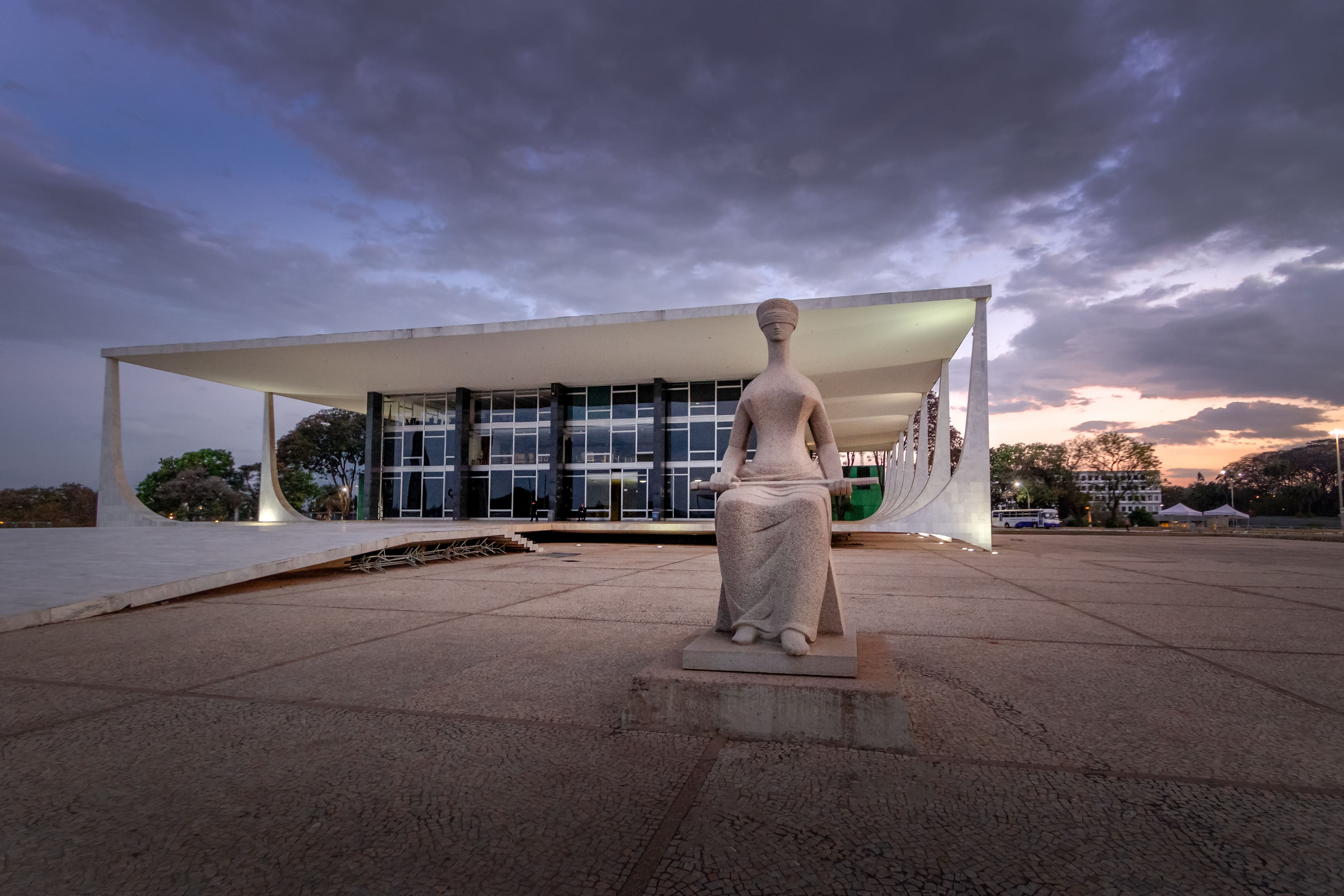


The ongoing trade war between the United States and China has created a window of opportunity for emerging markets, such as Brazil. By remaining outside the core group most affected by U.S. tariffs and falling within the lowest tax rate range of around 10%, Brazil has become a viable alternative in global production chains, particularly in commodities, mining, and agribusiness. This shift not only strengthens Brazil’s position as a strategic supplier to China but also opens space to deepen trade ties with the European Union, giving new momentum to agreements such as Mercosur-EU, which are regaining relevance in light of current geo-economic realignments.
Despite the opportunities in foreign trade, global uncertainty has prompted investors to take a more cautious approach to direct investment, with many opting to postpone decisions until there is greater predictability regarding the direction of the global economy. Still, Brazil continues to stand out among emerging economies due to its relatively stable political environment. This stability serves as a key differentiator for foreign capital seeking predictability within high-risk markets.
In a regional context, Brazil enjoys significant advantages over competitors such as Mexico and Argentina. Mexico, despite benefiting from its geographic proximity to the U.S., faces growing institutional instability, including proposals such as the direct election of judges, which have raised concerns among investors about legal vulnerabilities. Argentina continues to struggle with a recent history of capital controls, undermining its credibility. In this context, Brazil stands out as a more predictable option, offering solid institutions and freedom for capital movement.
Despite the challenges, Brazil is still seen as a more reliable destination compared to other emerging countries in the region. The perception of institutional security and the image of diplomatic neutrality work in our favor. - Rafael Amorim
However, taxation remains a significant hurdle for attracting foreign investment. The complexity of Brazil’s tax system continues to generate uncertainty and high operational costs, despite the ongoing tax reform, which remains in the early stages of implementation. Another sensitive issue is the absence of a bilateral tax treaty with the United States to prevent double taxation. On the other hand, according to Amorim:
The risk of double taxation for foreign investors in Brazil is relatively low. The current rules tend to affect Brazilian companies investing abroad more significantly, particularly due to specific provisions on controlled foreign corporations, without directly impacting foreign capital entering the country.
Beyond the constraints of tax laws, Brazil also benefits from a valuable intangible asset: its international image. The country’s historically peaceful approach, diplomatic neutrality, and welcoming culture contribute to a soft power that resonates in a world increasingly marked by polarization. This unique “Brazilianness,” combined with institutional stability and Brazil’s growing leadership in the green economy, strengthens the country’s position as a strategic platform for foreign investment.



Want to stay updated with all of our
latest news and information? Enter
your email below and we’ll add you
to our mailing list.
.webp)